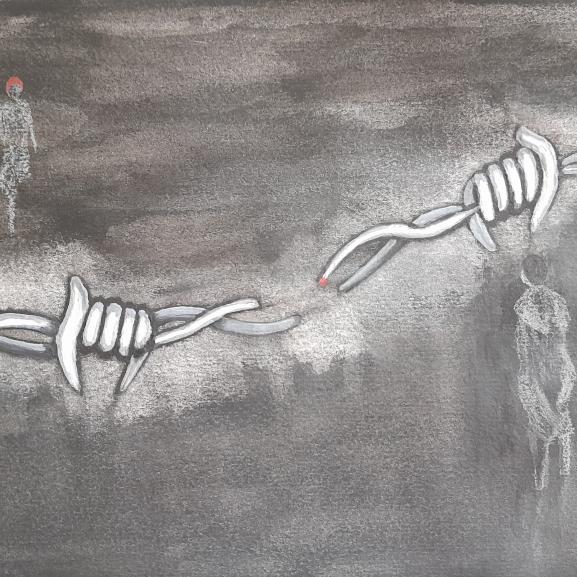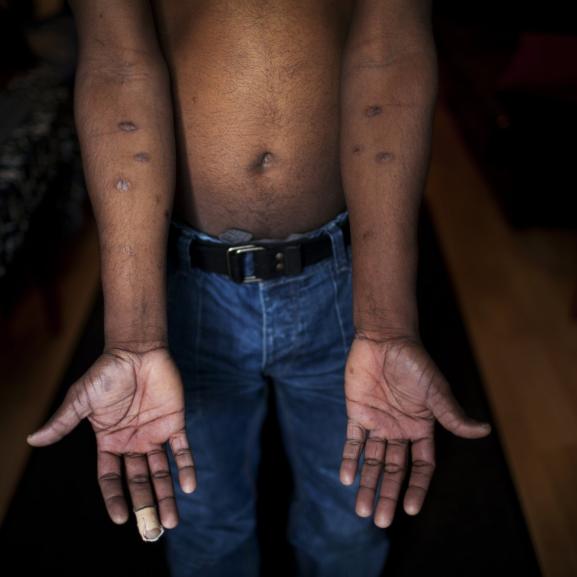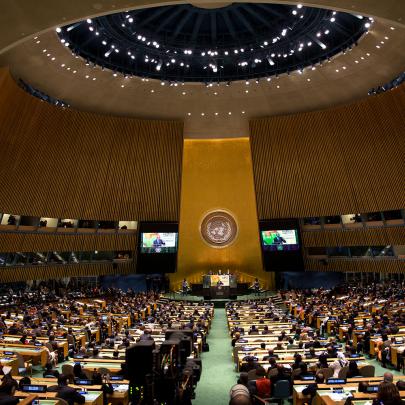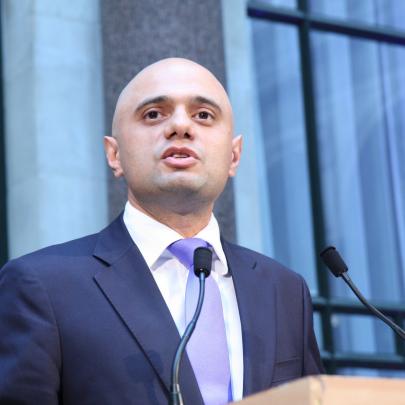Iran: The cycle of torture and oppression
First the demonstrations. Then the clampdown. Now, the ‘confessions'.
The streets of Tehran have been largely deserted by the estimated two million protesters who turned out following Iran's disputed presidential elections of 12 June. This lull has been likened to the ‘calm of the grave'.
Perhaps more sinister than the silencing of dissent are the so called ‘confessions' of reformists who have recanted their opposition and now speak of ‘foreign-led plots' against the Islamic Republic - led by the UK and America.
Observing these ‘confessions' Human Rights Watch said: "Many detainees, especially the higher-ranking leaders of the opposition, are coming under a great deal of pressure to make false confessions which we fear might be used in show trials in the future".
The experience of the Medical Foundation for the Care of Victims of Torture (MF) strongly suggests these fears are well founded.
Since its foundation in 1985 the MF has treated thousands of Iranian political activists and their testimonies provide a unique insight into practices deployed by the Iranian security forces to gain ‘confessions' - and their impact on victims.
In the last ten years alone, more than 3,000 Iranians have sought treatment and support from the MF - including political activists, journalists, human rights campaigners and others - the so called ‘children of the revolution' who came of political age after the 1979 revolution.
Among them, Ali, a prominent political activist and outspoken critic of the regime throughout the 1990s.
Like his counterparts in Tehran Ali ‘confessed' to conspiring in a ‘foreign-led plot' by Britain to overthrow the government. He did so after enduring 45 days of torture during which he was confined to a small metal box, beaten with a metal bar, forced to listen the torture of other prisoners - and worse.
Testimonies of Iranian torture survivors recorded by the MF reveal how false ‘confessions' have historically been extracted through the use of violent interrogations, sexual humiliation, suspensions, sleep deprivation, electric shocks, threats to rape wives, children and other family members, and forcing victims to witness the torture and execution of others. Falaka is a method of torture that involves beating on the soles of the feet. It has routinely been reported by survivors of torture in Iran.
Nasrin was a 23-year-old human rights activist when she began an eight year prison sentence. Recalling the impact of falaka on her body and her mind she said; "It's as if it's not my body; I am engulfed in pain. My feet burn as if they have set them on fire. It's as if they are making me run on fire. I feel I am dying and I hope I will die quickly because this pain is intolerable'.
The testimonies and medical examinations of survivors seen by the MF shed some light on why one of the thousands in Tehran told reporters that after two days of interrogations, he signed a blank sheet of paper with only the words ‘I agree with all of the above statements' at the bottom.
As Ali himself found through painful experience, agreeing to a confession under duress was the last resort in a desperate bid to make the torture stop: "After 45 days of beatings and torture, how could I not sign it?"
The experience of doctors and psychologists who treat survivors of torture at the MF also contest the commonly held misperception that torture is used to secure information. The testimony of clinicians strongly refutes the notion that information is the motive or ‘justification' for torture.
It is more commonly the central aim of the torturer to reduce an individual to a position of extreme helplessness and distress that can result in physical and mental incapacitation and destroy an individual's personality. By dehumanising and breaking the will of their victims, torture can break or damage the will and coherence of entire communities.
Over the years survivors of torture have through their testimony alerted the world to the reality of the torture that they have borne.
Sadly, we know from the experiences of those survivors that the torture is likely to be continuing behind the closed doors of the detention centres and prisons where many people remain.
"The Iranian government will try to silence people because they don't want witnesses," says Ali. "But they cannot execute the people in detention now because they are famous, their names are on internet websites and people are campaigning for their release. But they will torture them."





